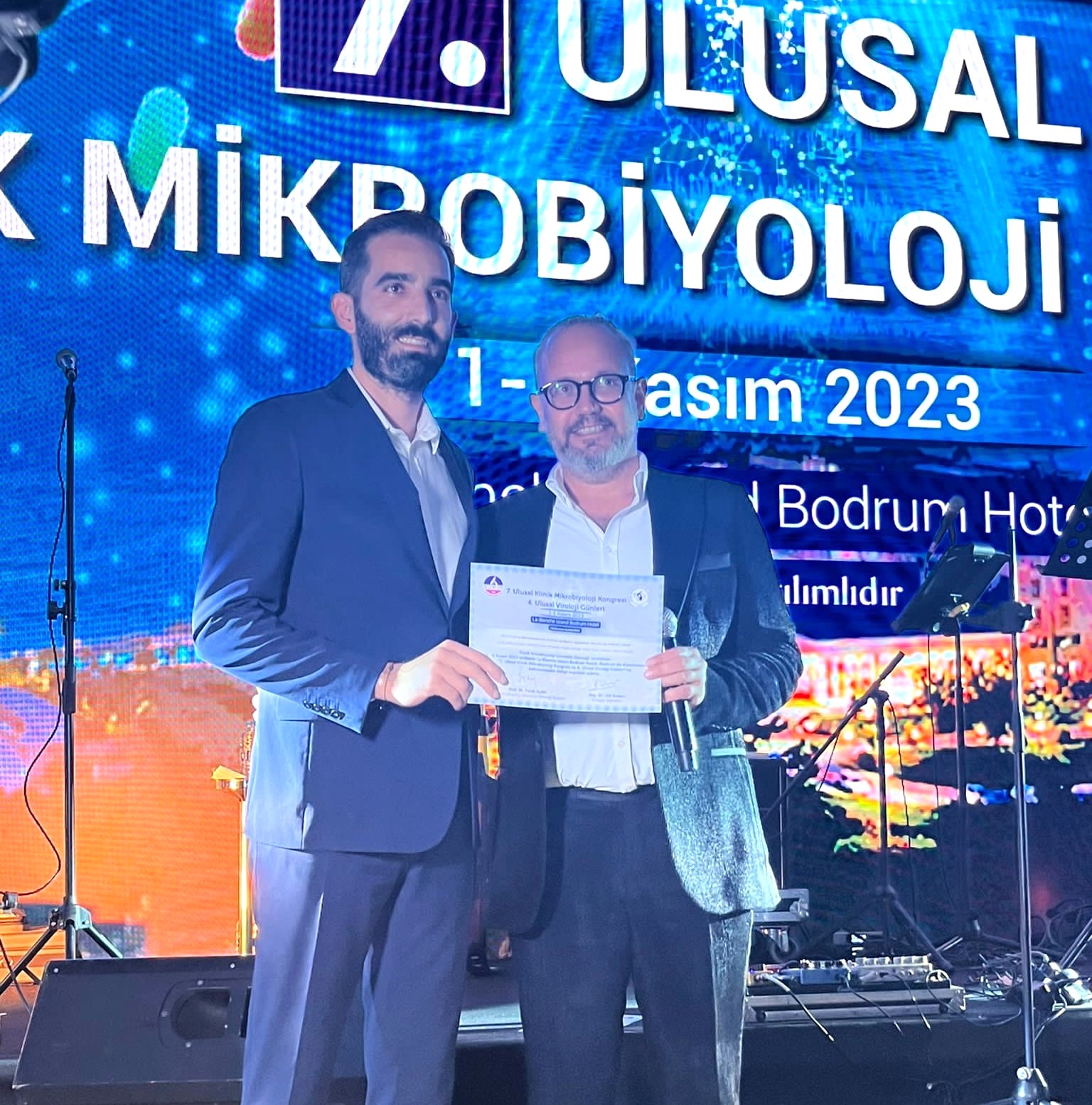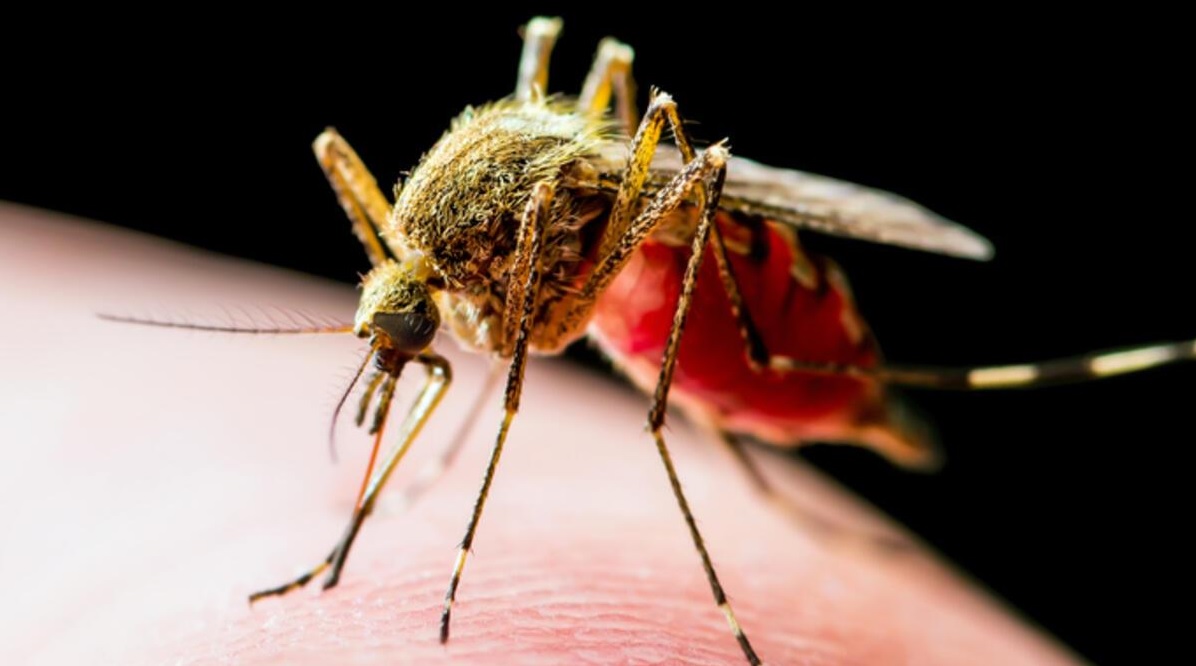
Near East University researchers participated in the “7th International Competition” held in Turkey with their studies that enable the detection of virus-carrying vectors through the use of artificial intelligence and received an award at the KLİMUD National Clinical Microbiology Congress.
Bringing together the scientific world in the field of clinical microbiology, “7th. KLIMUD National Clinical Microbiology Congress” and “4th National Virology Days” were held together in Bodrum. More than 300 papers were presented at the congress with international participation, which was held in the first week of November and attended by more than a thousand scientists. At the 7th KLIMUD National Clinical Microbiology Congress, where the latest developments, research and innovations in the field of microbiology were shared, Near East University researchers represented the TRNC with eight papers, two session chairs and an invited speech.
The study titled “Vector Identification with Artificial Intelligence Application: New Era in Epidemic Control” and written by Near East University DESAM Research Institute Director Assoc. Prof. Dr. Cenk Serhan Özverel, Assist. Prof. Dr. Mubarak Taiwo Mustapha, Dr. Erdal Şanlıdağ, Assoc. Prof. Dr. Dilber Uzun Özşahin and Near East University Rector Prof. Dr. Tamer Şanlıdağ, won the “Poster Award” at the congress.

Quick vector identification will be possible through artificial intelligence support!
Multidisciplinary study that brings together different areas of expertise allows vector identification, which takes a long time, requires expert opinion and is quite laborious, to be carried out quickly from mobile phones with the support of artificial intelligence. The study, in which Near East University researchers analyzed possible future epidemics using artificial intelligence, revealed that diseases caused by vectors such as mosquitoes could cause possible epidemics in the near future. The study titled “Vector Identification with Artificial Intelligence Application: New Era in Epidemic Control” is important for the whole world for social benefit.

Near East University Rector Prof. Dr. Tamer Şanlıdağ said that experts from different fields came together and carried out important studies with a multidisciplinary approach and team harmony. Prof. Dr. Tamer Şanlıdağ stated that the study that was deemed worthy of an award at the 7th KLIMUD National Clinical Microbiology Congress.
Stating that the scientific research carried out at Near East University is carried out by large teams including doctoral and master’s students, Prof. Dr. Tamer Şanlıdağ said, “Collaboration and integration between different disciplines continues to turn into studies that yield innovative and comprehensive results at Near East University.” Prof. Dr. Tamer Şanlıdağ also said, “I congratulate all my colleagues who shared their work with the scientific world and received awards at the 7th KLIMUD National Clinical Microbiology Congress.”
Assoc. Prof. Dr. Cenk Serhan Özverel: “Detection of virus-carrying vectors is of great importance in controlling epidemics by providing support to vector control programs.”
Near East University DESAM Research Institute Director Assoc. Prof. Dr. Cenk Serhan Özverel reminded that the research they conducted with the support of artificial intelligence in 2022 and shared the results with the public revealed that some viruses spread through vectors such as mosquitoes carry the risk of causing major epidemics in the future.
Reminding that viruses that cause epidemics such as Dengue Fever, Chikungunya and West Nile are transmitted by mosquitoes, Assoc. Prof. Dr. Cenk Serhan Özverel said detection of virus-carrying vectors is of great importance in controlling epidemics by providing support to vector control programs, and added; “The study we carried out as Near East University DESAM Research Institute researchers aims to detect vectors quickly and effectively with the support of artificial intelligence.”